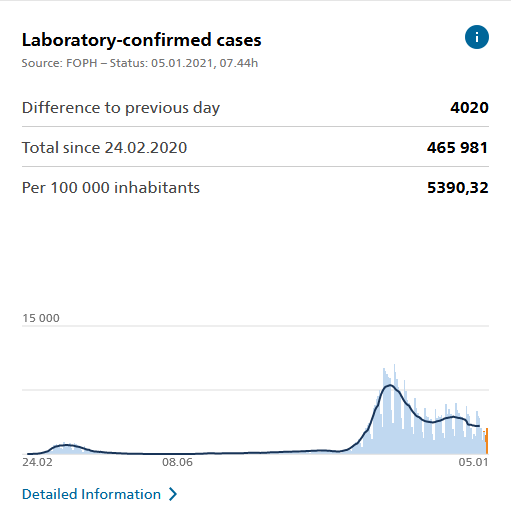Any animal raised and slaughtered in Switzerland can be labelled Swiss. However, what the animal has been fed could be from anywhere. If animals are what they eat then much of the meat and eggs labelled Swiss aren’t very Swiss. © Sergio Bertino | Dreamstime.com A key challenge for meat, dairy and egg consumers is the absence of information on labels, which is limited to provenance. Information about what an animal has been fed is not contained on the labels of meat, eggs of dairy products. Animals could in extreme cases be fed things that are not fit for human consumption without consumers ever knowing. One example of this is farmed fish. To stop the oils in fish pellets going rancid some producers add a chemical called Ethoxyquin, a chemical banned for use as a
Topics:
Investec considers the following as important: 3) Swiss Markets and News, 3a) Health, Editor's Choice, environment, Featured, health, newsletter, Nutrition, Swiss eggs, Swiss meat
This could be interesting, too:
Investec writes The global brands artificially inflating their prices on Swiss versions of their websites
Investec writes Swiss car insurance premiums going up in 2025
Investec writes The Swiss houses that must be demolished
Investec writes Swiss rent cuts possible following fall in reference rate
Any animal raised and slaughtered in Switzerland can be labelled Swiss. However, what the animal has been fed could be from anywhere. If animals are what they eat then much of the meat and eggs labelled Swiss aren’t very Swiss.
A key challenge for meat, dairy and egg consumers is the absence of information on labels, which is limited to provenance. Information about what an animal has been fed is not contained on the labels of meat, eggs of dairy products. Animals could in extreme cases be fed things that are not fit for human consumption without consumers ever knowing.
One example of this is farmed fish. To stop the oils in fish pellets going rancid some producers add a chemical called Ethoxyquin, a chemical banned for use as a pesticide in agriculture. This contamination, found also in organically farmed salmon, was discovered in samples of farmed salmon by scientists in Geneva, reported SRF. In addition, Jérôme Ruzzin, a toxicology researcher based in Norway, has done studies that link the toxins stored in the fat of farmed fish to increased obesity and type 2 diabetes.
Other examples of contaminants being transferred to consumers via animal feed include the Belgian dioxin scandal in 1999, mad cow disease in 2001 and the adulteration of wheat with melamine in China.
Swiss law requires no link between the source of animal feed and the stated origin of meat or eggs. There is also no requirement to include information on animal feed on meat, egg or dairy labels.
According to the organisers of a recent initiative to protect drinking water, 1.2 million tonnes of animal feed is imported into Switzerland annually. Without these imports the production of Swiss meat would fall by 50% and Swiss egg production by 70%. In addition to misleading consumers, the additional manure produced by imported feed is negatively impacting water quality and the health of Swiss rivers and lakes.
Researchers working for RTS recently asked Swiss food retailers to provide information on the origins of what the animals producing the meat and eggs they sold had been fed. The Swiss supermarkets approached provided only limited information. Based on data provided by Migros, the researchers calculated that around 50% of the food fed to Swiss organic hens was imported. The information supplied by Lidl on laying hens was similar.
The brand with the strictest limitations on the origin of animal feed was Bio Suisse, according to the information provided. However, their rules apply only to cows, sheep and goats. For these animals the feed must be 90% Swiss, shifting to 100% Swiss from January 2022. But these rules do not apply to Bio Suisse pork or poultry. Modern chickens, pigs and laying hens are fed soja, which doesn’t grow well in Switzerland and is therefore imported.
The eggs, pork or chicken on Swiss dinner tables might trace part of their origin back to soya bean farm in the Amazon. Ultimately, it may be tropical forest that is on the menu.
As scientific research progresses and consumers gain deeper insights into modern farming, calls may increase for more informative labelling and more widespread testing of animal products.
In the end the old adage that you are what you eat also applies to both humans and the animals they eat.
Tags: Editor's Choice,Environment,Featured,Health,newsletter,Nutrition,Swiss eggs,Swiss meat








